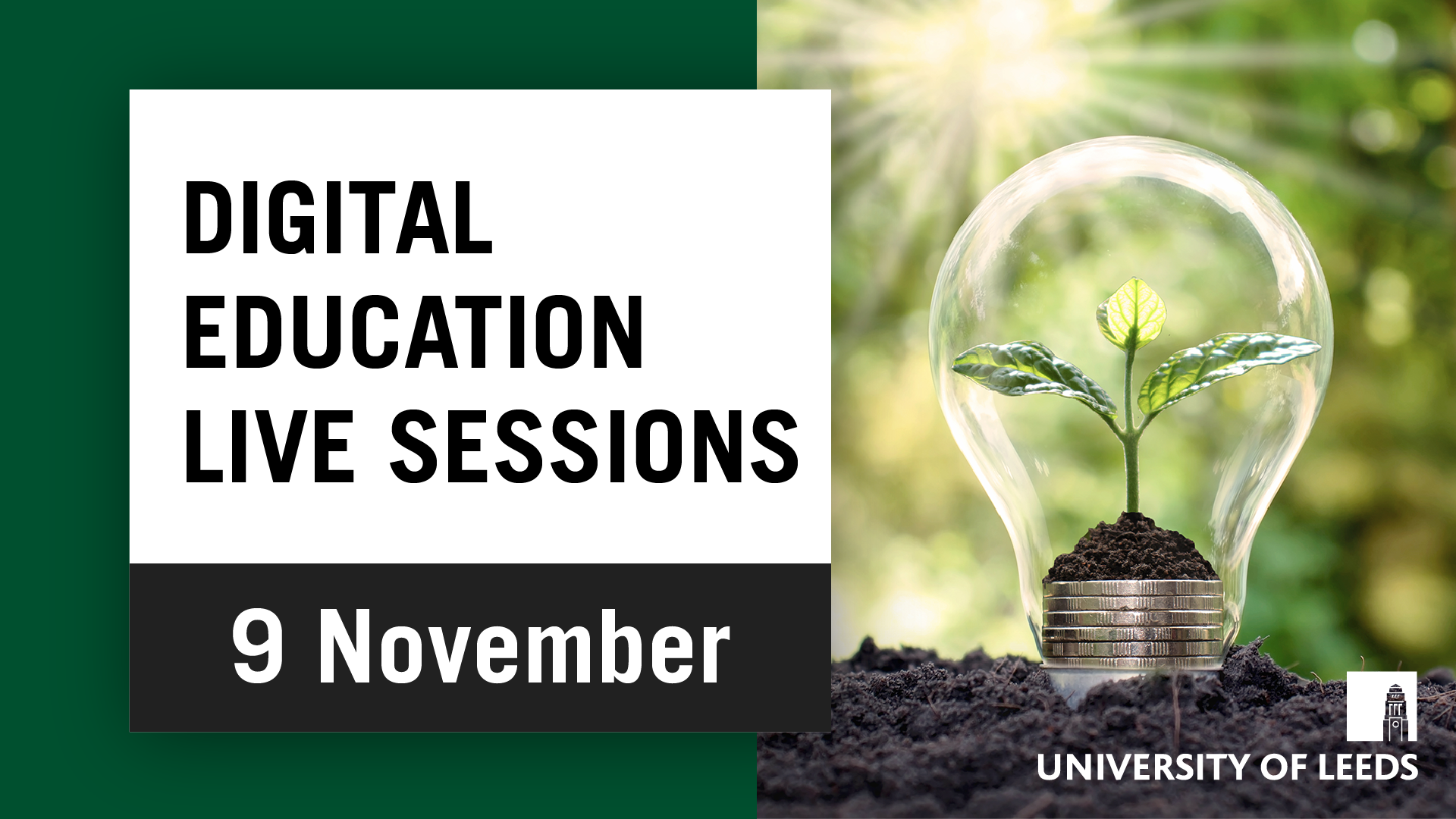COP26 – Can bioenergy make a difference?

- Date
- Tuesday 9 November 2021, 9:00 - 10:00
- Location
- Join the event on Youtube
COP26 brings together nations from around the world to negotiate how to mitigate and adapt to climate change. The meeting is not only focused on reducing greenhouse gas emissions from energy use by industrial nations, it is also concerned with ensuring that people who have not been responsible for human-created climate change have access to energy to enhance their sustainable development.
‘COP26 – Can bioenergy make a difference?’ is a live event that brings together representatives from the team who created the new online course ‘Renewable Energy: Achieving Sustainability through Bioenergy’ to discuss how climate change negotiations in COP26 can help alleviate energy poverty and generate new opportunities.
Energy use is central to our lives and this is recognised in Sustainable Development Goal 7 “Ensure access to affordable, reliable, sustainable and modern energy for all”. Millions of people in many countries do not have access to modern sources of energy and this limits their opportunities to create enterprises for alleviating poverty. Reliance on the traditional use of wood for cooking can be detrimental to health. Smoke from wood fires is called the ‘killer in the kitchen’ and women and children are affected most as they spend more time next to the fires.
Technologies such as anaerobic digestion and gasification can convert biomass to clean sources of energy for cooking, heating and generation of electricity. Generating biogas from livestock slurries and waste can produce valuable fertilizer and help reduce pollution. Education is also an important part of building capacity for establishing these technologies in the communities that need them.
The panel will discuss the education and outreach activities they are promoting so that access to affordable, reliable, sustainable and modern energy for all becomes a reality.
Presenters:
- Professor Jon Lovett – University of Leeds, UK.
- Dr Annisa Astari – Universitas Pendidikan Indonesia (UPI), Indonesia.
- Dr Saut Sagala – Institut Teknologi Bandung (ITB), Indonesia.
- Elisabeth Rianawati – Resilience Development Initiative, Indonesia.
- Dr Mary Suzan Abbo – Centre for Renewable Energy and Energy Conservation, Uganda.
- Prof Amit Hazra – Visva-Bharati University, India.
Find out more about COP26 and how the University of Leeds has been preparing for it
